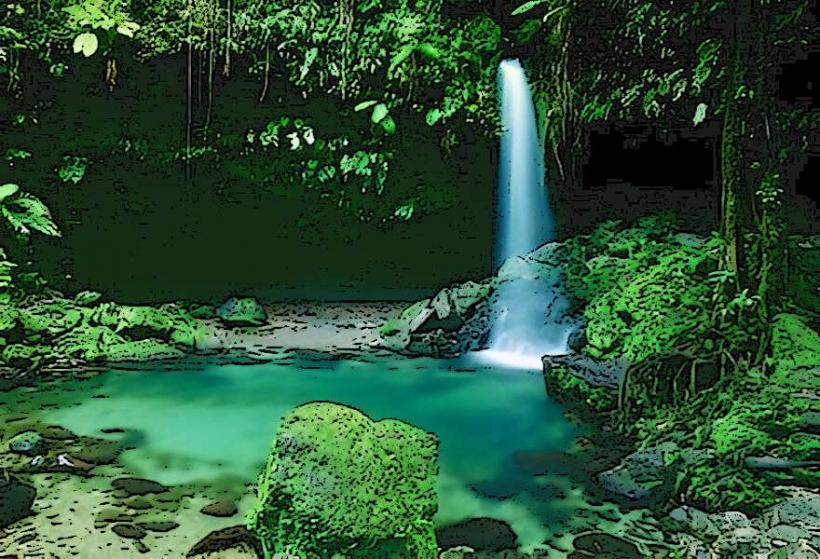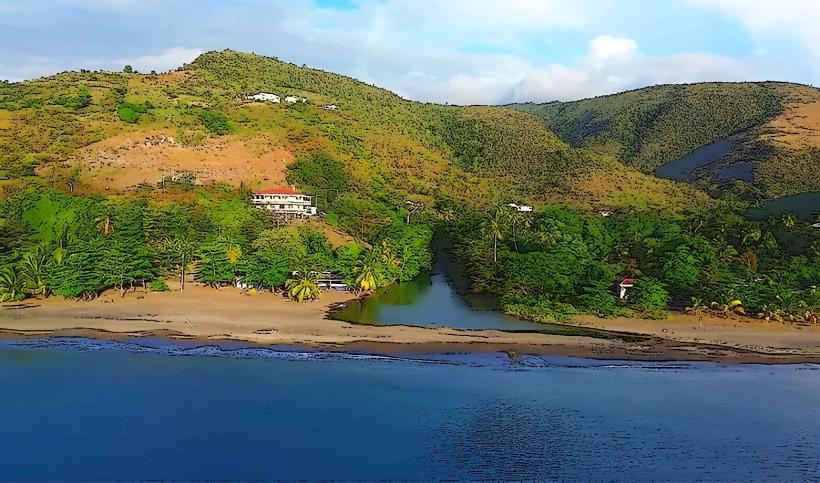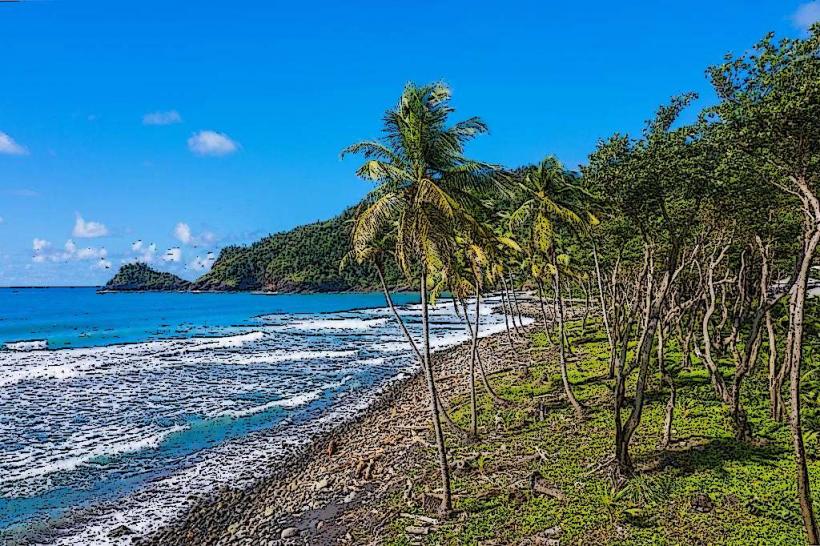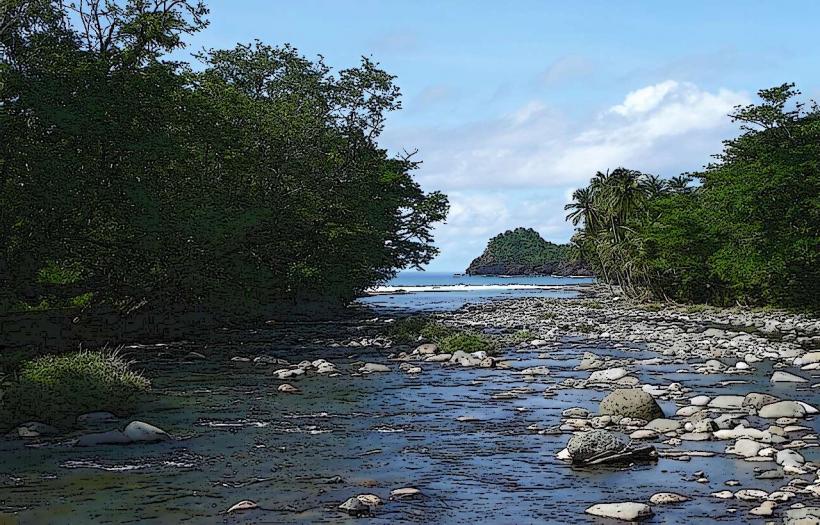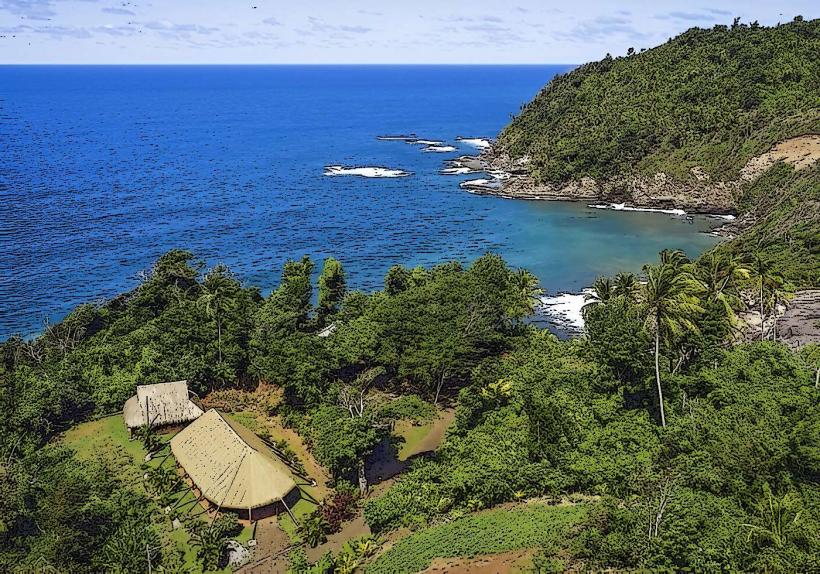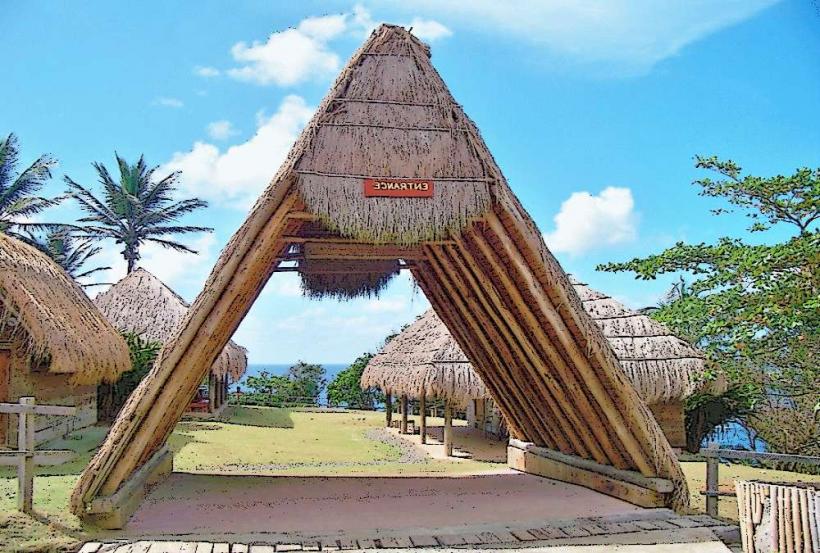Information
City: SalisburyCountry: Dominica
Continent: North America
Salisbury, Dominica, North America
Salisbury, also known by its indigenous name Barroui, serves as the primary agricultural and administrative hub for the Saint Joseph Parish on the western coast of Dominica. It is positioned approximately midway between the capital city of Roseau to the south and Portsmouth to the north.
Historical Timeline
Salisbury was formally established as a village in the 1920s, though the area was historically inhabited by the Kalinago and later utilized for French and British colonial plantations. Significant governance shifted from British colonial rule to independence within the Commonwealth of Dominica in 1978. The most critical architectural and infrastructure reconstruction followed Hurricane Maria in 2017. The 1950s expansion of the banana industry is the primary event that shaped the current urban form and local economy.
Demographics & Population
The village population is approximately 2,150 residents, with the Saint Joseph Parish metropolitan area totaling around 5,600. The top three ethnic demographics are Afro-Dominican (86.5%), Mixed (9.1%), and Kalinago/Carib (2.9%). The median age of the population is 34.2 years.
Urban Layout & Key Districts
The settlement is organized along the Edward Oliver LeBlanc Highway, extending from the Caribbean Sea coastline into the foothills of the interior. The Western Waterfront contains the fishing and boat-landing zones, while the Hillside Residential district to the east contains the majority of civic services. The central commercial node is concentrated around the primary intersection of the main highway and the inland access roads.
Top City Landmarks
St. Theresa's Catholic Church
Salisbury Public Beach (Barroui)
The Batalie Bay overlooks
The Salisbury Health Centre
The Old Soap Factory ruins
Transportation Network
Movement within Salisbury is primarily conducted via private vehicle or public minibuses that operate along the Roseau-Portsmouth route. There is no metro or tram system. Ride-sharing apps like Uber do not operate here; local transport relies on independent "H" plate buses. Official taxis are marked with a yellow "TX" on their license plates. Traffic density is low, though the main highway experiences moderate transit flow during daylight hours.
Safety & "Red Zones"
Salisbury is considered highly safe for visitors with a low violent crime rate. There are no specific "red zones" or neighborhoods to avoid, though unlit coastal paths should be navigated with caution after dark. Common scams are non-existent, but clarify the price of private taxi hires before departure.
Digital & Financial Infrastructure
Average internet speeds range from 25 to 50 Mbps via fiber-optic connections. The main mobile carriers are Flow and Digicel. Credit card acceptance is low in local shops but available at larger guest houses; cash is the primary medium of exchange. There are no ATMs in Salisbury; the nearest banking facilities are located in Mero or Portsmouth.
Climate & Air Quality
Temperatures range from 22°C to 31°C year-round. Air quality is high due to constant maritime breezes and lack of heavy industry. Hurricane season occurs from June to November, and the region experiences increased rainfall and potential landslide risks during these months.
Culture & Social Norms
Tipping is not mandatory but 10% is standard in tourist-facing establishments. Handshakes are the standard greeting. Dress code is conservative in public buildings and churches; swimwear is restricted to the beach. Smoking is generally prohibited in enclosed public spaces, and public intoxication is socially discouraged.
Accommodation Zones
Stay in the Batalie Coast area for direct beach access and sunset views.
Stay in the Upper Village for a cooler climate and proximity to hiking trails.
Local Cost Index
1 Espresso: 8.00 XCD ($3.00 USD)
1 Standard Lunch (Plate of Food): 25.00 XCD ($9.25 USD)
1 Minibus Ticket to Roseau: 5.00 XCD ($1.85 USD)
Nearby Day Trips
Mero Beach: 4 km (10 minutes)
Syndicate Parrot Site: 15 km (30 minutes)
Morne Diablotin National Park: 18 km (40 minutes)
Portsmouth (Indian River): 22 km (35 minutes)
Facts & Legends
Local oral history maintains that the name Barroui originates from a French settler, but the village was renamed Salisbury by the British to honor the English city. A persistent urban legend involves "Jumbies" or spirits said to inhabit the massive silk cotton trees in the surrounding hills, which locals traditionally avoid cutting down to prevent misfortune.

